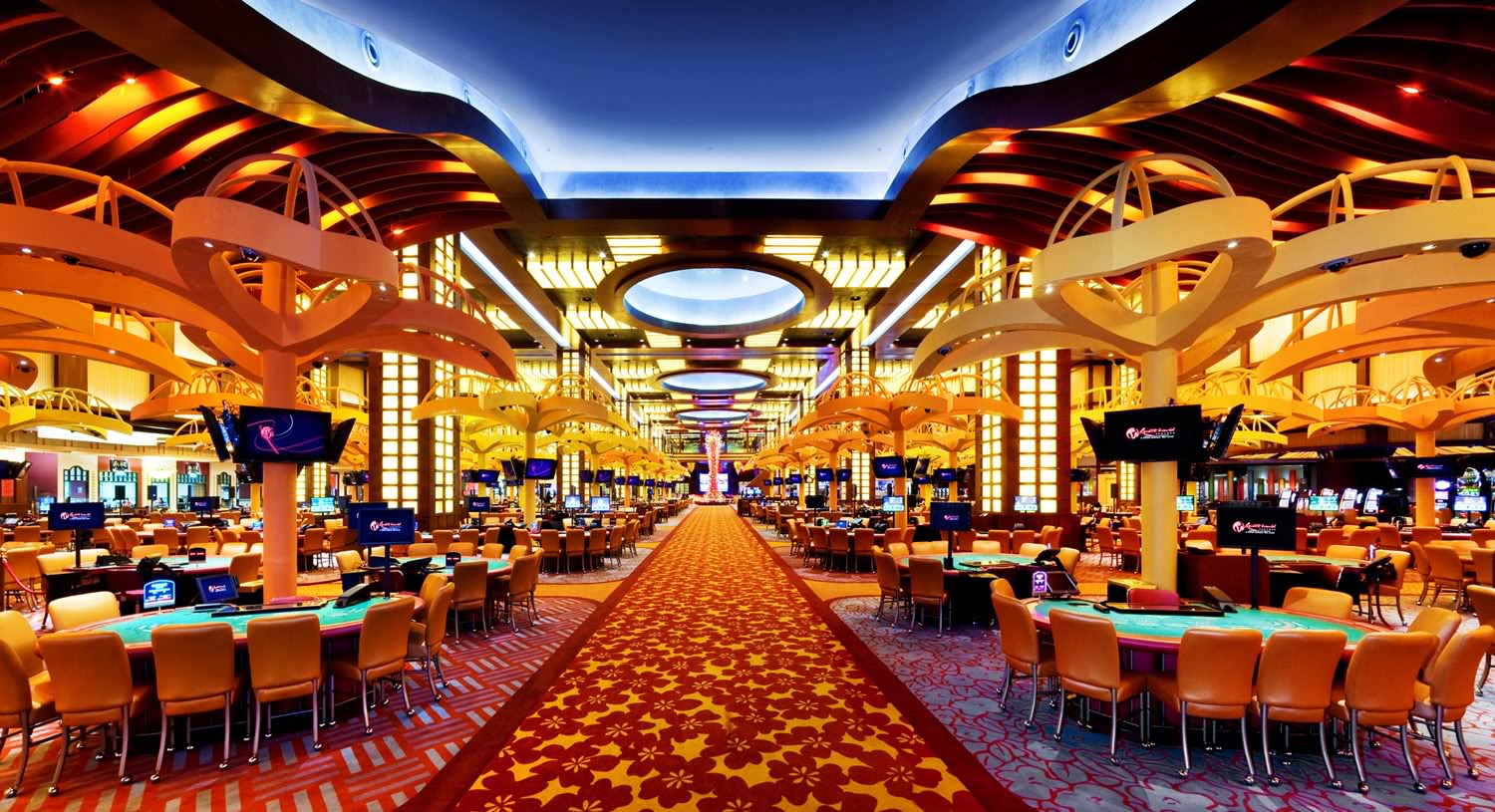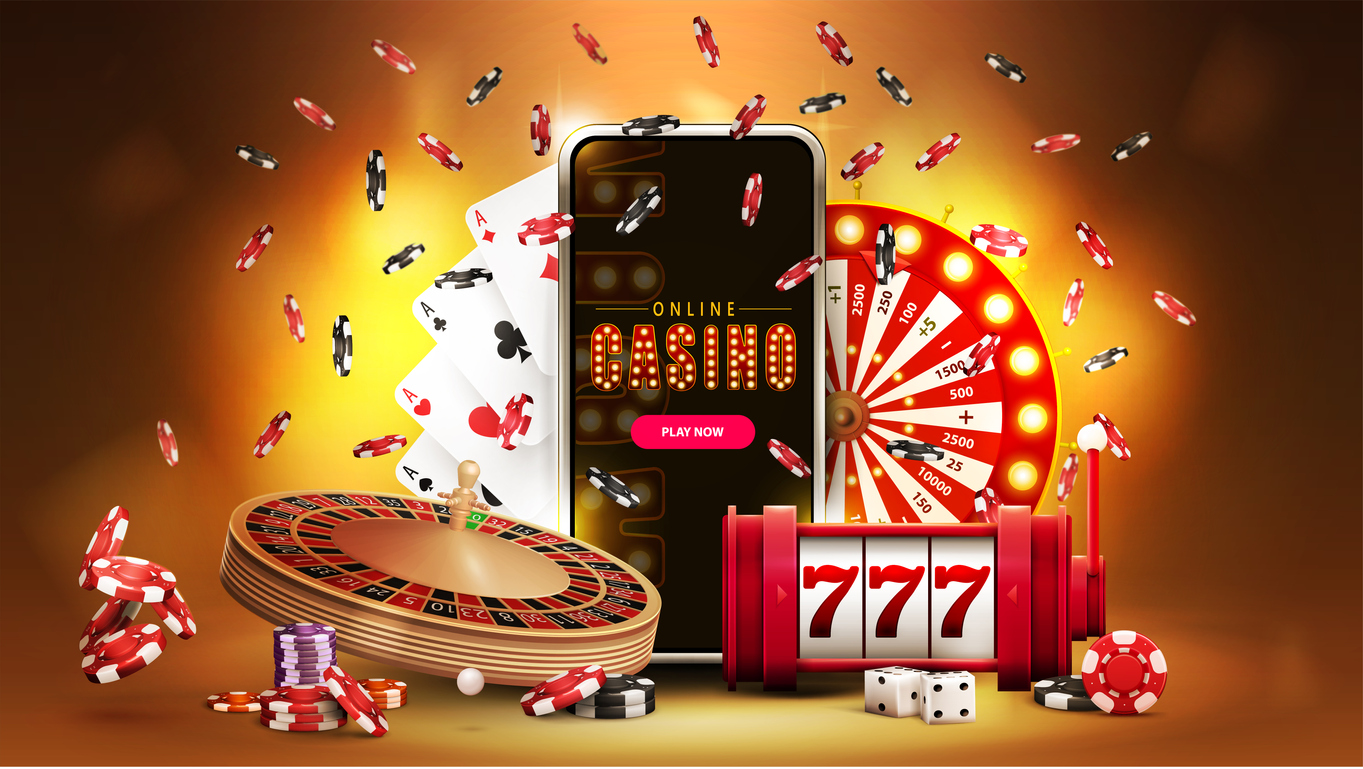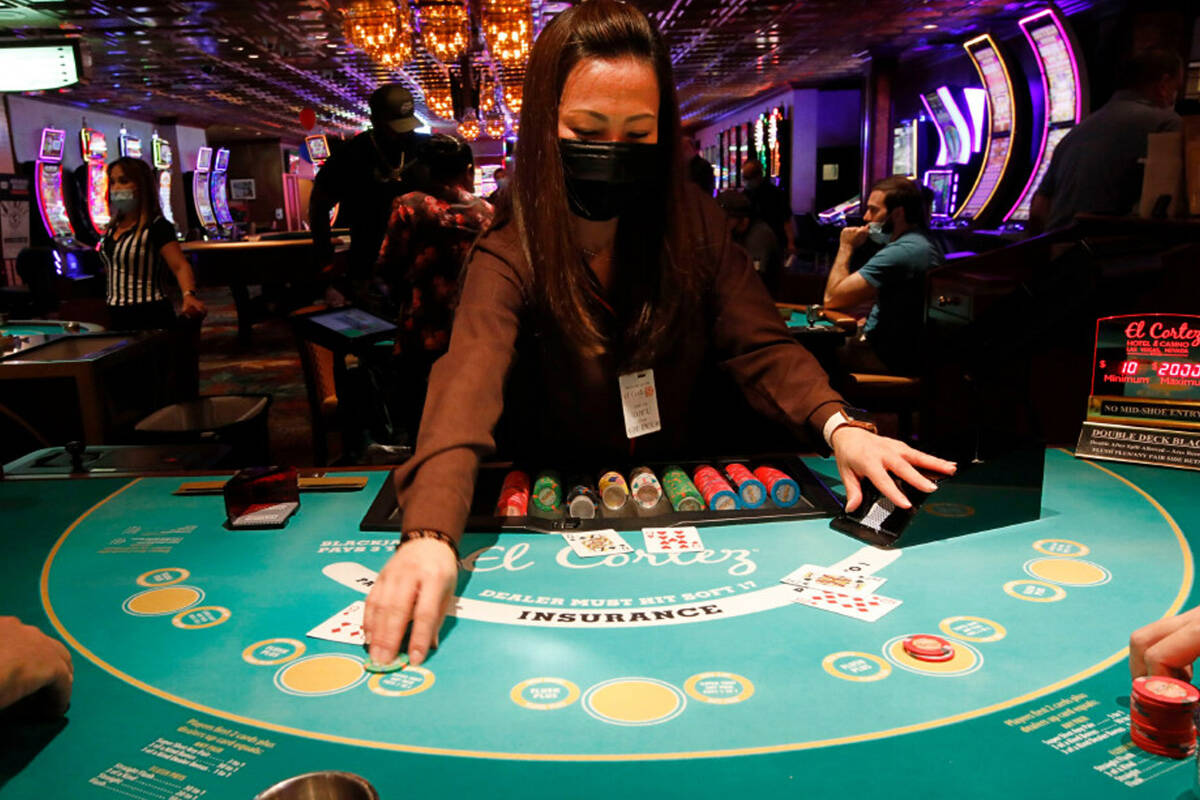
Casino experiences have long captured the imagination of people around the globe, becoming an essential part of both leisure and tradition. From the shimmering lights of the Vegas Strip to the engaging experience of internet gambling, these experiences evoke thrill, danger, and sometimes even a sense of remembrance. They are more than simply entertainments; they have woven themselves into the texture of human experience, influencing various aspects from film and songs to clothing and books.
The allure of casino games transcends the betting aspect, tapping into larger themes of fortune, risk, and human behavior. As players gather around a gaming table or rotate the roulette wheel, they engage in an timeless ritual that connects with our collective desire for adventure and uncertainty. This obsession has led to the emergence of numerous references in cinema, music, and video games, showcasing how intensely entrenched these activities are in popular culture. Whether it is the high-stakes tension of a legendary heist movie or the vibrant nightlife portrayed in music videos, casino games have created a substantial niche that reflects our connection with risk and reward.
Cultural Importance of Casino Games
Casino activities have played a pivotal role in social contexts throughout the ages. Originating from old societies, forms of chance were often linked to rituals or gatherings. For example, early forms of gambling can be traced back to ancient China and the Romans, where die games and betting on results were common pastimes. casinos not on GamStop UK These activities not only functioned as entertainment but also as methods of connecting people, facilitating relationships among individuals within societies.
As societies evolved, so did the sophistication and structure of casino games. The creation of official casinos in the 17th century, particularly in the Italian region, marked a major shift in how games were perceived and structured. With specific spaces for gambling, the casino became a community center where people from various backgrounds convened. This change contributed to the legitimization of the industry, transforming it from a mere pastime into an organized industry that influenced the economy and regulations.
The impact of casino activities on mainstream culture cannot be understated. As they were popularized in literature and film, games such as Texas Hold’em and blackjack became icons of risk, luck, and tactics. Famous figures and narratives have emerged around these games, illustrating societal views towards fortune, prosperity, and immorality. This fascination with gambling games has permeated various forms of entertainment, cementing their status in the collective consciousness and connecting them to broader cultural narratives throughout the ages.
Portrayal of Casino Games in Entertainment
Casino activities have long been a popular topic in different types of entertainment, reflecting both the fascination and intricacies of the world of gambling. Films such as Ocean’s Eleven and Casino Royal portray figures who navigate high-stakes environments, showcasing not only the allure of the casino atmosphere but also the methods and judgments that come with playing popular games like Texas Hold’em and 21. These movies often dramatize the excitement of winning and the potential results of losing, encapsulating the risks involved in betting.
Television shows have also explored the realm of gambling activities, often integrating them into the plot as a setting for story progression and conflict. Series like Las Vegas depict the experiences of casino workers and patrons, highlighting the vibrant, often tumultuous energy of the gaming floor. Reality shows featuring high-stakes gambling competitions further emphasize the fascination of gambling activities, drawing viewers into the tension and tactics involved in each session. Through these representations, media not only engages but also stimulates conversations about luck, expertise, and the character of chance.
Gaming have increasingly included gambling activities into their design, allowing players to recreate the experience of betting without financial risk. Games within the domain of digital gaming often include virtual slots, poker, and other popular casino games, creating an interactive experience that mirrors real-life gameplay. These digital representations make casino games accessible to a global audience, appealing to both gamblers and those who enjoy the excitement of virtual experiences. As a consequence, the representation of casino games in media continues to shape public perception and cultural significance, highlighting their place in society and social context.
Impact of Casino Games on Society
Gambling activities have a significant impact on communities, affecting various aspects of culture and social behavior. They often function as a venue for social interaction, where people come together to experience a common experience. Game nights with friends or trips to casinos become social activities that foster connections and create memories. This collective aspect boosts the entertainment value of casino games, making them a favored choice for celebrations and recreational pursuits.
Moreover, gambling activities have been depicted in numerous movies, TV series, and written works, influencing views and opinions towards gaming and gaming. Icons like James Bond competing in baccarat or the intense poker scenes in films have embedded these games in the collective imagination. This depiction often glamorizes the culture associated with casino activities, drawing in new players and impacting trends in both style and conduct. These portrayals can spark curiosity and lead to a more profound investigation of the nuances of gambling.
However, there are also negative consequences linked to the widespread appeal of gambling activities. The temptation of quick monetary gain can lead to gambling addiction and financial troubles for some people. The community must contend with these consequences, promoting responsible gaming and education of the risks involved. Finding a balance between the fun aspect of gambling activities with the potential for harm is vital to ensure that they remain a beneficial aspect of our societal fabric.



